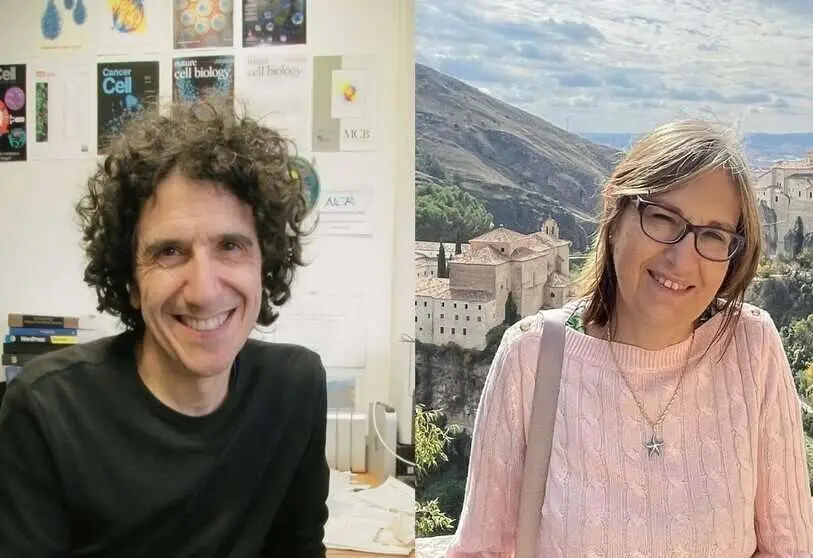The "la Caixa" Foundation analyses the importance of diet in cancer prevention

The "la Caixa" Foundation is organising a new edition of the CaixaResearch Debates on Thursday 27 October, focusing on the effect of diet on the development of certain types of cancer.
According to the European Code Against Cancer, at least 18% of all diagnosed cases of cancer are related to excess body weight, physical inactivity, alcohol consumption or poor nutrition, and could therefore be avoided.
Recent studies indicate that diet is directly implicated in the initiation and development of several types of tumours, including two of the most common, colon and breast cancer: 40% of tumours in men and 60% of tumours in women are related to diet.
In terms of mortality, cancer is already the second leading cause of death in the world, according to the World Health Organisation. In 2020, almost 10 million deaths were attributed to cancer, almost one in six of those due to unnatural death. One third of cancer deaths are related to diet.
With these data as a starting point for reflection, Marina Pollán, Scientific Director of CIBERESP and Research Professor at the National Epidemiology Centre of the Carlos III Health Institute (CNE-ISCIII), and Marcos Malumbres, Principal Investigator of the Cell Division and Cancer Group at the Spanish National Cancer Research Centre (CNIO), will talk about the challenges of research in this field.

"Nutrition, at least in most of the population, acts as a modifying factor whose effect is not visible until after many years. On the other hand, it is very difficult to separate nutrition from other habits such as sedentary lifestyles or exposure to toxic agents. Moreover, it is very difficult to reproduce these effects in laboratory tests," summarises Marcos Malumbres, who also points out that "nutrition is too broad a term scientifically. Meat from the same animal, for example, can have very different effects depending on how it is prepared, what the animal has eaten and how it has been treated with medicines or chemicals, and this affects almost any food".
The debate will also focus on which types of food can be more beneficial - natural, unaltered foods, such as fruit, vegetables, olive oil, fish or unprocessed cereals - and which are more harmful - processed foods or those with a high energy load, i.e. those containing a lot of saturated fat or sugar (including sugary drinks) - "In this sense, the Mediterranean dietary pattern seems to have a protective effect against the most common tumours", explains Marina Pollán.

Another of the topics to be discussed is the importance of the amount of intake in the development of cancer. "We know that obesity is the main nutritional risk factor for cancer because it is accompanied by hormonal and metabolic effects that favour it. We need to eat less and move more," stresses the director of the CNE-ISCIII. She will also discuss the current evidence on the benefits of fasting. "It is a very intense area of research, not yet fully agreed, and requires more research and controlled population-based trials," says the CNIO researcher.
Cancer is a multifactorial disease, so researchers will also discuss how two external factors, diet and physical exercise, interact to prevent cancer. According to Malumbres, "diet and exercise are, at least in part, two sides of the same coin. The diet of a person with a heavy exercise load may be more permissive than that of a sedentary person. Unfortunately, current habits tend to accumulate poor nutrition and lack of exercise in the same people for many social, cultural and economic reasons".
For her part, Pollán concludes that "in the nutritional field, it is clear that physical exercise, in addition to other effects, increases calorie expenditure and, therefore, contributes to reducing overweight when more calories than recommended are ingested. The results of some of our studies also suggest that excess calories have a less harmful effect on those people who have a healthier diet".
In addition to the CaixaResearch Debate, the CNIO-CaixaResearch Frontiers Meeting is also taking place this week. In this edition, under the title Diet, nutrition and cancer cell metabolism, international researchers in the field will discuss issues such as the relationship between specific nutrients and cancer, the effect of strategies such as intermittent fasting on health and longevity or the possibility of incorporating diet into cancer treatment, among others.










